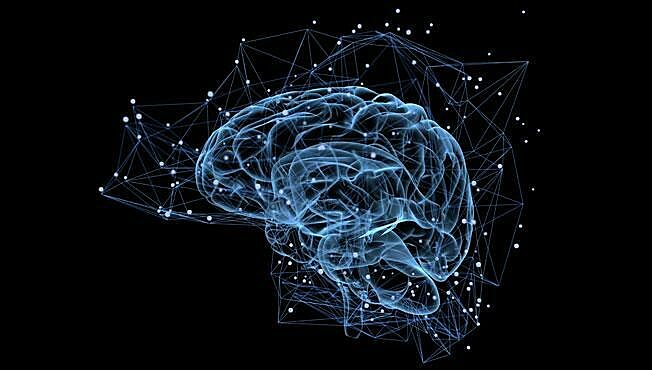Jump to
Prof Stephen Lord, Dr Jasmine Menant
Walking is not automatic and requires attention and brain processing to maintain balance and prevent falling over. Brain structure and function deteriorate with ageing and neurodegenerative disorders, in turn impacting both cognitive and motor functions.
This series of studies will investigate:
- How do age and/or disease- associated declines in cognitive functions affect balance control?
- How is this further impacted by psychological, physiological and medical factors (eg. fear, pain, medications)?
- How does the brain control these balance tasks?
Approach
The experiments involve experimental paradigms that challenge cognitive functions of interest (eg.visuo-spatial working memory, inhibitory function). I use functional near-infrared spectroscopy to study activation in superficial cortical regions of interest (eg. prefrontal cortex, supplementary motor area…). The studies involve young and older people as well as clinical groups (eg.Parkinson’s disease).
Studies
- Cortical activity during stepping and gait adaptability tasks
- Effects of age, posture and task condition on cortical activity during reaction time tasks
- Influence of balance challenge and concern about falling on brain activity during walking
- Influence of lower limb pain/discomfort on brain activity during stepping
This research will greatly improve our understanding of the interactions between brain capacity, functions and balance control across ageing and diseases, psychological, physiological and medical factors, allows to identify targets for rehabilitation.
It will also help identifying whether exercise-based interventions improve neural efficiency for enhanced balance control.


